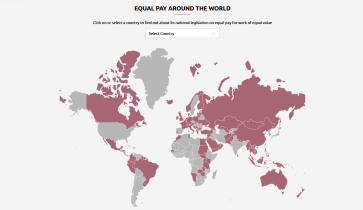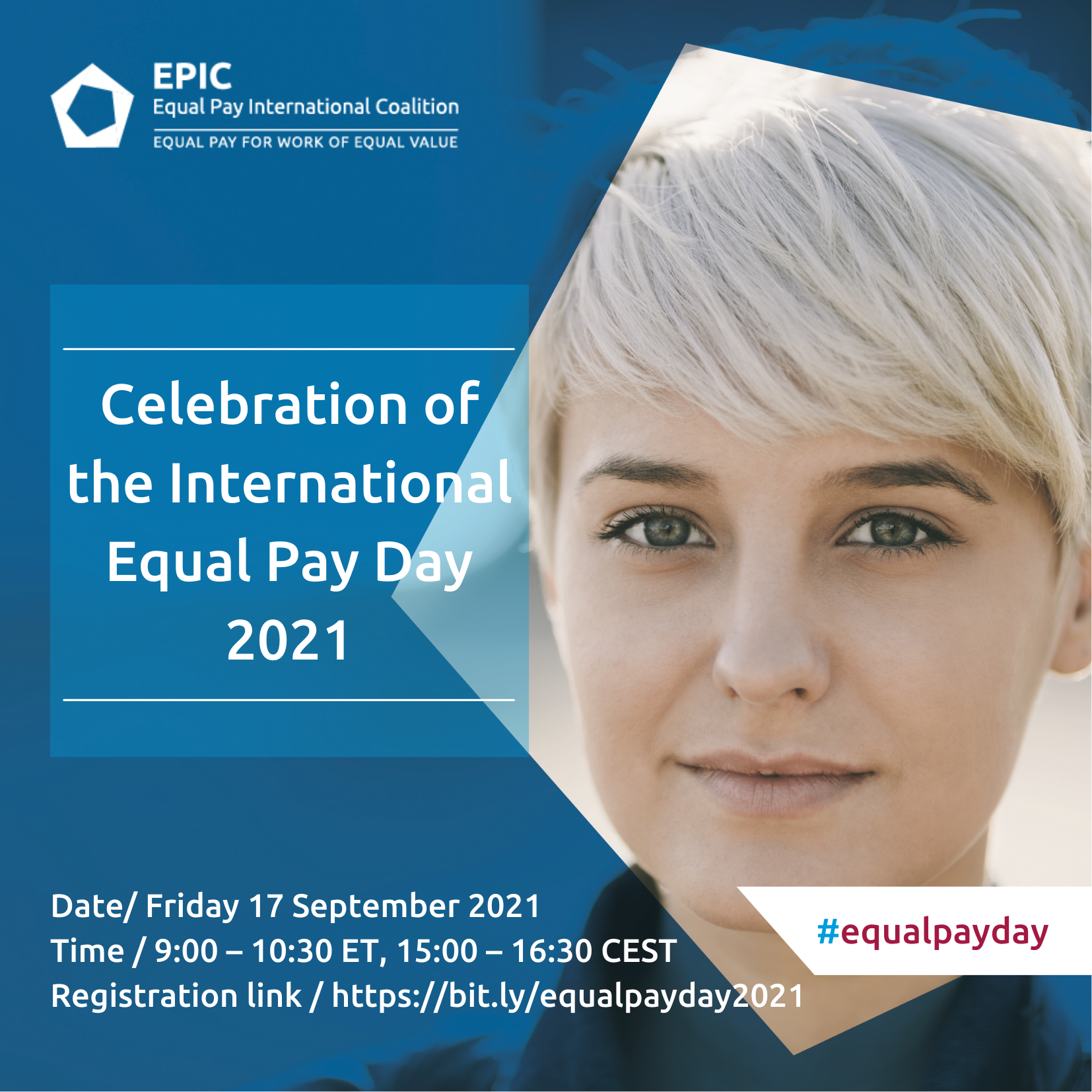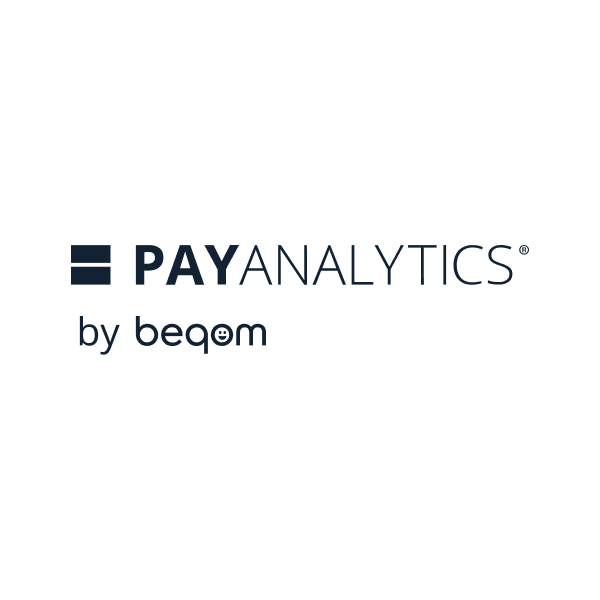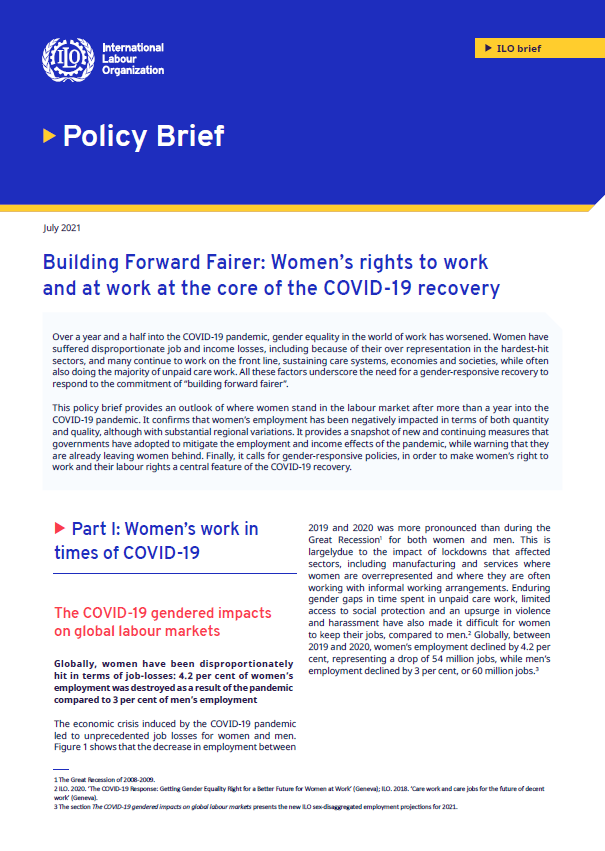Advancing Equal Pay at Home and Abroad
Advancing Equal Pay at Home and Abroad
By: Thea Lee, Wendy Chun-Hoon
Today, we were honored to speak at an International Equal Pay Day 2021 celebration representing the United States, which has recently joined the Equal Pay International Coalition, or EPIC. We are proud to join other EPIC members – including governments, trade unions, businesses and civil society organizations – to work together to eliminate the gender wage gap.
Here at the U.S. Department of Labor, we are putting women at the center of recovery efforts to ensure that we build back stronger and better in the United States and around the world. We are working to increase pay transparency, disrupt occupational segregation, eliminate gender-based employment discrimination, and increase access to paid leave and care for children, older adults, and persons with disabilities to build the economy we all need to thrive.
Around the world, women typically are paid 23% less than men. The pandemic has exacerbated the many challenges women face in the labor market both at home and abroad. Here in the United States, women, especially women of color, have faced some of the steepest job losses due to the pandemic. They also continue to be over-represented in low-paying jobs, especially in the care sector. Many lack access to the paid leave and health care they need to take care of their own families. To help advocate for equity in wages, the department’s Women’s Bureau developed an Equal Pay Day Toolkit with interactive maps and graphics.
The department’s Bureau of International Labor Affairs, or ILAB, works globally to eliminate the gender pay gap by combating violence and harassment, strengthening women’s voices at work, and improving the quality of jobs. For example, ILAB is promoting gender equality and good jobs in the global garment sector through our support of the International Labor Organization’s Better Work program. Better Work factories have reduced gender pay gaps and increased their productivity and profitability by training female supervisors, reducing incidents of sexual harassment and supporting workers’ rights, especially for women.
We are eager to share our insights and good practices gained from our domestic and international efforts to close the wage gap and, in turn, learn from other EPIC members.
Closing the gender wage gap will require concerted efforts from all stakeholders: government, workers’ and employers’ organizations, businesses and civil society. Joining EPIC and its multi-stakeholder coalition is an important step towards achieving the vision of an equal and inclusive world of work.
Wendy Chun-Hoon is the director of the Women’s Bureau. Follow the Women’s Bureau on Twitter at @WB_DOL.
Thea Mei Lee is the Deputy Undersecretary for International Affairs. Follow ILAB on Twitter at @ILAB_DOL.





